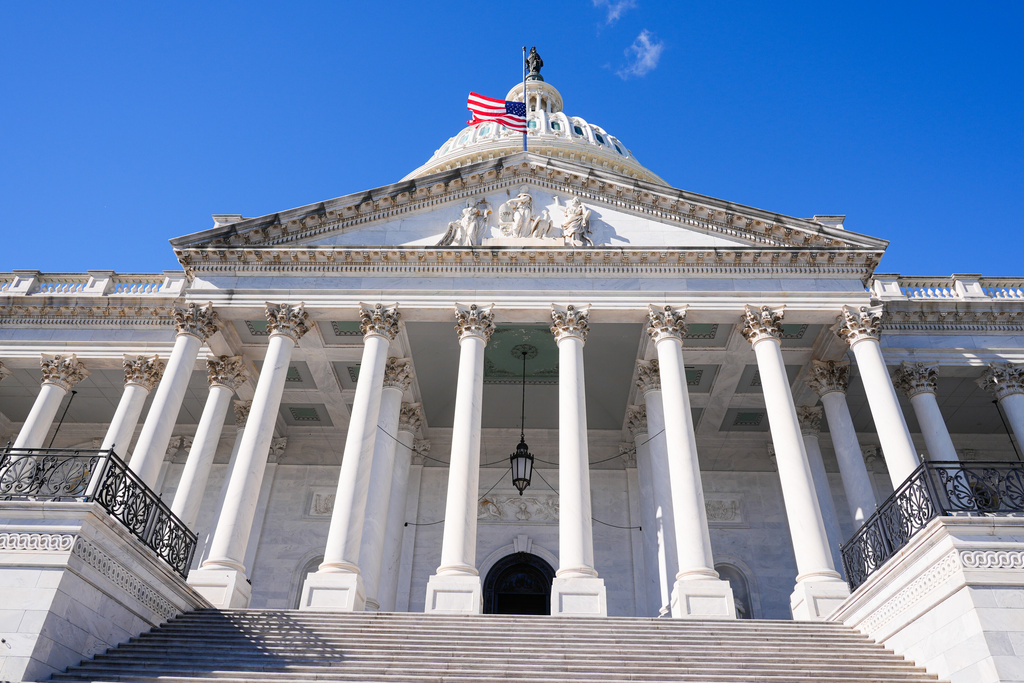The U.S. Senate voted late Sunday to advance a stopgap funding bill aimed at ending the federal government shutdown, now in its 41st day.
The bipartisan compromise between centrist Democrats and Republicans funds much of the government through January 30, 2026, ensures backpay for federal employees and reverses recent mass layoffs. The measure also secures funding for certain programs, including the Supplemental Nutrition Assistance Program, also known as SNAP or food stamps.
RELATED STORY | A shutdown deal without a health care guarantee — would Democrats take it?
While most Democrats opposed the weekend deal, enough joined Republicans to meet the 60-vote threshold needed to avoid a filibuster. The vote took place on a day when more than 2,000 airline flights were canceled nationwide and roughly 7,000 others were delayed.
The agreement does not extend subsidies tied to the Affordable Care Act — a major priority for many Democrats during the shutdown. Without those subsidies, Americans face higher premiums as open enrollment begins.
President Donald Trump signaled over the weekend he would not support extending the subsidies, though Republicans have promised future votes on the issue. House Minority Leader Hakeem Jeffries of New York reiterated his opposition to the deal.
"We will not support spending legislation advanced by Senate Republicans that fails to extend the Affordable Health Care Act tax subsidies," Jeffries said in a statement. "We will fight the GOP bill in the House of Representatives, where [House Speaker] Mike Johnson will be compelled to end the seven week Republican taxpayer-funded vacation."
IN CASE YOU MISSED IT | Government shutdown is now longest on record
For millions of Americans facing uncertainty over groceries, travel or paychecks, the Senate’s action is a welcome sign after weeks of political deadlock. With cloture invoked, the Senate now moves into limited debate before a final vote, which would only require a simple majority.
If approved, the package would then head to the House — where Speaker Mike Johnson has not yet said whether he supports the framework — before reaching President Donald Trump’s desk.
The shutdown began on Oct. 1 and is now the longest in U.S. history. The Senate has held more than a dozen votes during the standoff, as Democrats insisted on protecting Affordable Care Act tax credits set to expire at year’s end, while Republicans argued that broader health care negotiations should come after the government reopens.





